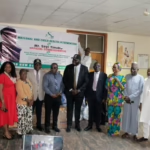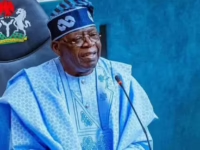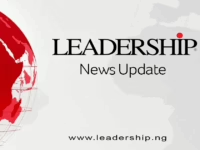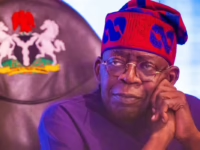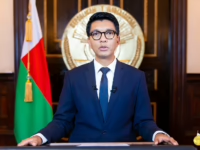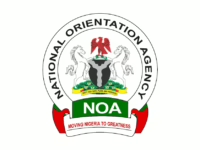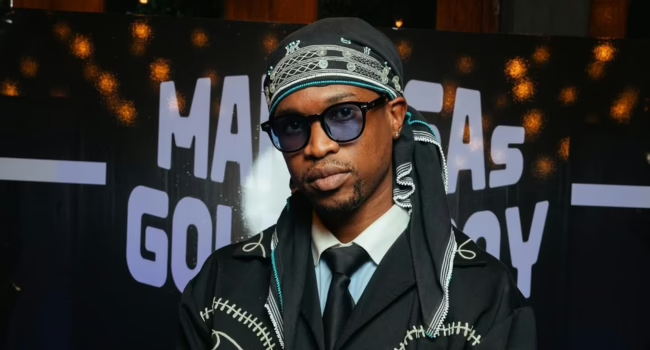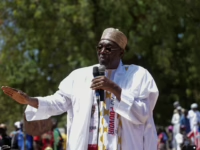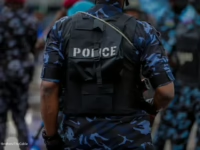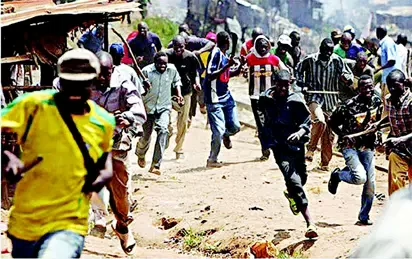The recent wave of criticism from the United States Congress regarding the violent acts committed by Boko Haram in Nigeria has reignited a contentious discussion about whether the nation is experiencing a targeted “Christian genocide.” On October 8, 2025, Senator Ted Cruz publicly accused Nigeria of allowing a “massacre” against Christians, citing over 100,000 fatalities since 2009 and the destruction of approximately 18,000 churches. This viewpoint, reflected in a U.S. Senate bill seeking accountability for violations of religious freedom, has been swiftly challenged by Nigerian authorities. In a statement released on September 28, 2025, the Federal Government rejected these claims as a “gross distortion,” emphasizing that terrorist attacks affect Nigerians regardless of their religious affiliations. Furthermore, the Nigerian House of Representatives, through a motion on October 8, 2025, condemned the U.S. legislation for insinuating state-sponsored persecution and called for diplomatic engagement instead. While the violence is undeniable and demands urgent action, labeling it as “genocide” risks oversimplifying a complex crisis, potentially deepening societal rifts rather than fostering reconciliation. It is essential to present a balanced narrative that recognizes these attacks stem from extremist factions like Boko Haram and the Islamic State West Africa Province (ISWAP), targeting peace-loving citizens across all religions rather than constituting a systematic campaign against a single faith.
The situation’s complexity is evident upon closer examination. Founded in 2002, Boko Haram evolved from a localized insurgency into a regional threat affiliated with the Islamic State, responsible for thousands of deaths in Nigeria’s northeastern region. Contrary to claims of exclusively anti-Christian motives, the group has also targeted Muslim communities extensively. The U.S. State Department’s 2023 International Religious Freedom Report highlights Boko Haram’s assassination of Muslim clerics, attacks on mosques, and execution of moderate Muslims opposing its ideology. Data from the Armed Conflict Location and Event Data Project (ACLED) indicates that between 2011 and 2024, over 35,000 people lost their lives in Boko Haram-related violence, with a significant portion being Muslims, including assaults on mosques in Maiduguri and Kano. A 2025 analysis published by Al Jazeera supports this nuanced understanding, noting that Boko Haram’s violence also intersects with conflicts over land and resources, such as herder-farmer clashes, rather than being solely driven by religious animosity. Social media discussions echo this complexity, with users pointing out that “terrorists target all Nigerians, not just Christians,” highlighting the dangers of oversimplified narratives.
This balanced viewpoint does not diminish the suffering endured by affected populations. Reports from organizations like Open Doors and the U.S. Commission on International Religious Freedom document severe persecution, including the burning of places of worship and forced conversions targeting religious minorities. In September 2025, Congressman Riley Moore condemned these abuses and advocated for designating Nigeria as a “Country of Particular Concern” due to religious freedom violations. However, branding the situation as “genocide” overlooks the broader victim base. According to the United Nations Convention, genocide requires the intent to destroy, in whole or in part, a specific group. In Nigeria, much of the violence stems from ethnic tensions, competition over resources, and ideological conflicts, with Boko Haram’s Salafi-jihadist ideology opposing all who do not conform, including Muslims. The Christian Association of Nigeria (CAN) has dismissed genocide claims as exaggerated, urging a focus on combating terrorism that affects all faith communities.
One-sided reporting exacerbates societal divisions. U.S. media outlets such as Fox News have amplified these genocide allegations, gaining traction but often neglecting critical context, including Boko Haram’s attacks on Muslim populations. This selective framing risks fueling interreligious animosities in a country where Muslims and Christians coexist in many regions. Online debates reveal contradictions, with some questioning CAN’s shift from protesting killings to denying patterns of targeted violence, suggesting political motivations. Experts from the Brookings Institution argue that such labels spread misinformation and distract from root causes like poverty and governance failures. Responsible journalism should emphasize that the perpetrators represent extremist minorities, not Islam as a whole, and that victims come from diverse religious backgrounds, promoting unity rather than division.
While the government’s rejection of genocide claims as “absurd” is understandable, it must also engage proactively. Although denying state complicity, Nigeria should address public concerns through transparent investigations. The 2023 Tudun Biri bombing, which killed 85 civilians, underscores the urgent need for accountability to rebuild trust. Strengthening regional cooperation via the Economic Community of West African States (ECOWAS) could enhance collective security, as jihadist threats extend beyond Nigeria’s borders to neighboring coastal countries. Public appeals on social media urging dismissal of foreign propaganda while focusing on domestic solutions reflect a desire for homegrown approaches to these challenges.
In summary, the security challenges facing West Africa require careful and nuanced discourse. Promoting balanced coverage that acknowledges attacks by extremist groups against all Nigerians fosters social cohesion. The Nigerian government must engage constructively, and the media should avoid sensationalism. Only through solidarity and informed dialogue can Nigeria overcome this persistent threat.



